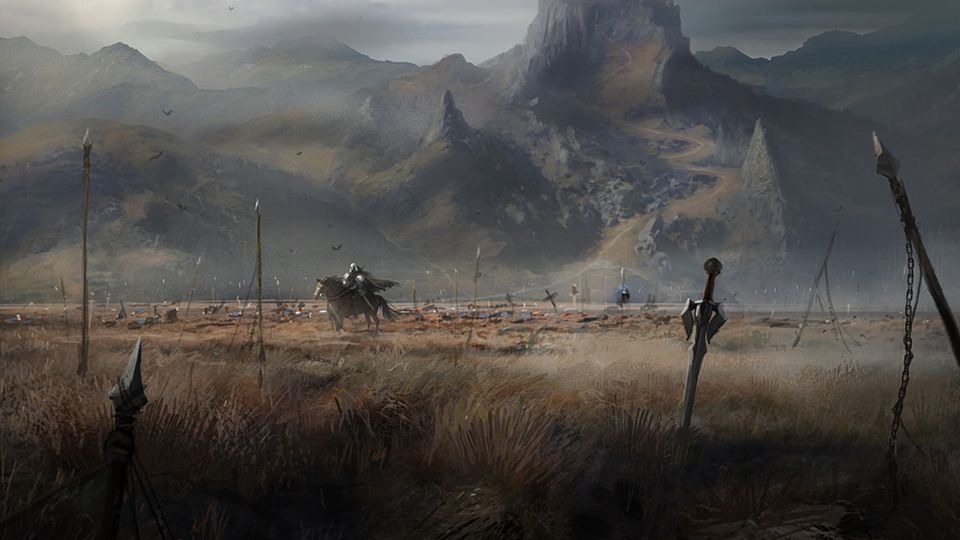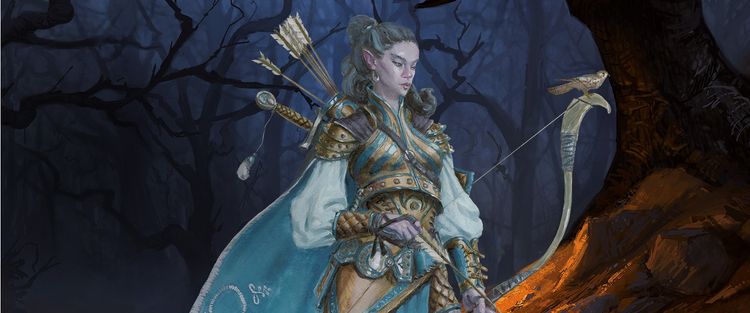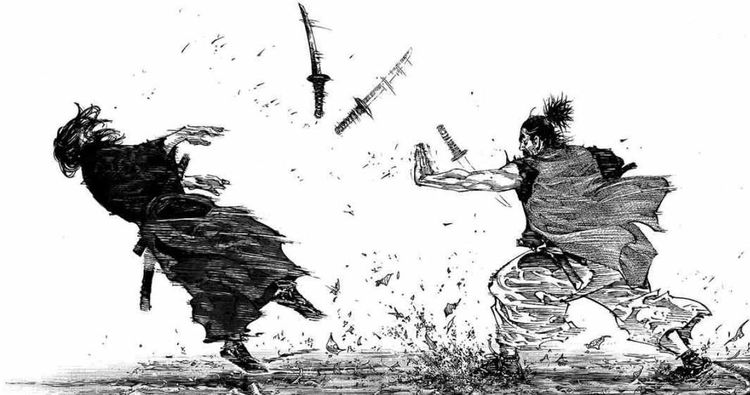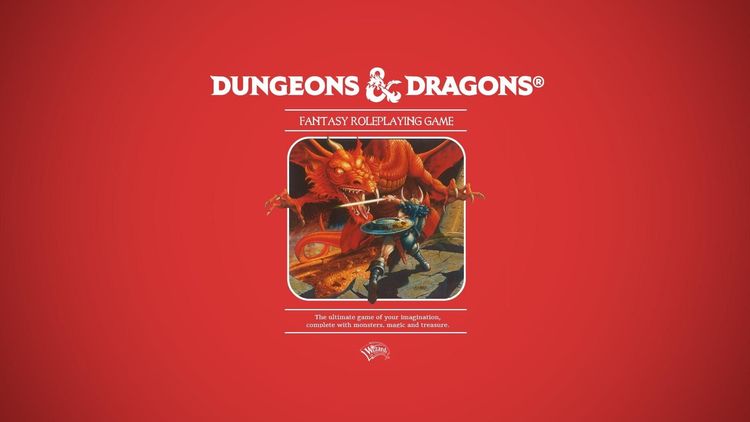More Fight for Fighters

In 5e martial classes should stand out when fighting in my opinion.
Sadly, designers gave everyone the same scaling when using a weapon; and Fighting Style - the single point of difference - is a bounded game mechanic making martial skill development very limited.
I posted a few thoughts on Duncan's Hipsters & Dragons recently...[LINK]. I summarized what makes for good fighters in DnD:
- good hit points;
- use of the best armor;
- pick up and use any weapon;
- good saves;
- a to-hit modifier that scales.
The main issue in 5e is the last point - to hit modifier scales in 5e for all classes! The martial classes attack rolls are essentially the same as a spellcaster's because attack rolls are modified by only ability modifier and PB. Ultimately a Bard, Rogue, or even Wizard with a good Dexterity can attack as good as most Fighters with their chosen weapon.
The design problem is nuanced: attack rolls get ability modifier and proficiency bonus just like any other ability check with proficiency but attack rolls must be restricted or you get a run away Armor Class - aka Bounded accuracy - and bonus system similar to what happened in 3e.
But some space between martial classes and spellcasting classes is still needed. And my thoughts are to change weapon proficiency and add weapon specialization. This would create three distict levels of training: untrained, trained, and specialized.
Untrained. means your attack is without any modifiers.
Trained. Means you can add your strength modifier for melee and thrown attacks, and dexterity for ranged attacks.
Specialized. Allows you to add your PB to attack rolls with those weapons. Thus martial classes improve with levels, but others do not without feats.
To implement these changes:
- Fighters, Barbarians, Paladins, and Rangers are trained in simple and martial weapons.
- All other classes choose their trained weapons from the existing class weapon proficiency lists. Clerics, Rogues, Warlocks get 3, Druids, Bards, Artificers get 2, and Wizard, Sorcerers: get 1 weapon training.
- You can only equip yourself with weapons you trained in at 1st level.
- Non-martial classes need to take a feat to get additional weapon training.
- All classes can swap 1 weapon training when they level up. A new weapon must be a weapon from their 1st level listed weapons proficiencies.
This shouldn't create too much friction - a Wizard has to choose spells, so a fighter choosing a few weapons should be quick. And the flexibility as you level up removes the problem of magic item lock-out for all classes.
For Fighters, Paladins, and Rangers:
- You choose a number of weapons equal to your PB to specialize in.
- You can also swap 1 weapon specialization when you level up.
This ultimately means that martial characters are the only classes that scale their attack rolls as they progress. To me this makes sense as the other classes are all learning spellcasting or other skills.
Naturally this creates some of ripples.
What should be done with Rogues? Allow them to use expertise to specialize in finesse weapons. Should spellcasters need to specialize in Arcane Tradition or their divine spells to get their PB to spell casting ability? Lots here - let's see where this goes... (in my next post).



